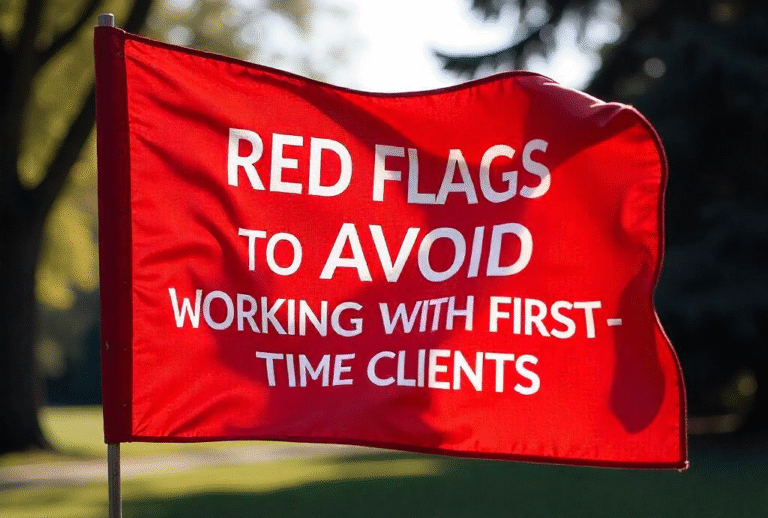Skills Not Taught in Kenyan Schools That Every Freelancer Must Know
Introduction: Degrees ≠ Deliverables
Let’s be honest:
Kenyan schools teach you how to pass exams — not how to thrive in the real world.
Clients don’t hire certificates. They hire problem-solvers.
And unfortunately, the gap between what schools teach and what the marketplace demands is massive.
If you’ve ever felt unprepared for freelance work, job interviews, or client projects — this is why.
Here are 10 essential skills the Kenyan education system won’t teach you, but every paying client expects you to have.
1. Communication That Converts
Clients expect:
- Clear, persuasive emails
- Concise Zoom calls
- Timely updates
But most students graduate without ever writing a professional email. Learn how to write, speak, and listen effectively — it’s your first client filter.
2. Problem Solving and Critical Thinking
No one will give you a textbook or ask multiple-choice questions.
You’ll be thrown real-world problems.
Can you think independently? Can you suggest solutions?
Your thinking speed determines your earning speed.
3. Self-Management & Accountability
Clients don’t chase you for deadlines. They expect:
- Punctual delivery
- Proactive updates
- Ownership of results
Your ability to manage time and keep your word is more valuable than any GPA.
4. Digital Literacy & Tech Stacks
Clients want VAs who know:
- Google Workspace
- Trello, Slack, or Notion
- AI tools like ChatGPT
None of this is taught in most schools, yet it’s basic knowledge in the global job market.
5. Financial Literacy
From quoting your rate to managing retainers, clients expect freelancers to:
- Invoice professionally
- Budget for long-term work
- Handle taxes or contracts
Money skills aren’t optional — they’re survival skills.
6. Sales & Client Relationship Skills
Selling isn’t slimy — it’s essential.
You need to:
- Pitch your services
- Negotiate rates
- Handle objections
School teaches you how to avoid failure. Freelance life teaches you to close the deal.
7. Personal Branding
Clients find you before they hire you.
If your LinkedIn, website, or portfolio looks like a ghost town, you lose credibility instantly.
In a noisy world, you don’t get paid for talent alone — you get paid for being visible and trustworthy.
8. Adaptability & Learning Speed
Tools change. Trends shift. Clients pivot.
You need to learn fast and adapt faster.
No one’s hiring someone who can’t self-teach on YouTube or use Google well.
9. Emotional Intelligence
Can you handle feedback without getting defensive?
Can you navigate different personalities?
EQ is your silent advantage — and clients feel it in every interaction.
10. Execution Under Pressure
You’ll be overwhelmed. You’ll feel underqualified.
Still, the work has to get done.
The marketplace pays you for outcomes, not intentions.
✅ Final Thoughts: What You Must Do Now
The Kenyan education system might not teach these skills, but that doesn’t mean you can’t learn them.
Here’s how:
- Take online courses
- Practice with real clients (even for free at first)
- Build in public
- Track your results
Related Reads:
- How to Build a Sustainable Freelance Business and Scale It Successfully
- Freelancing Is a Skill, Not Just a Job — Here’s How to Master It
- Why Most Kenyan Personal Brands Struggle to Convert (And How to Fix It)
Summary for Skimmers:
| Skill | Why It Matters |
|---|---|
| Communication | Clients want clarity |
| Problem Solving | You’re hired to fix things |
| Time Management | Missed deadlines = lost clients |
| Tech Proficiency | Global clients use modern tools |
| Sales & Branding | You can’t help if they can’t find you |






